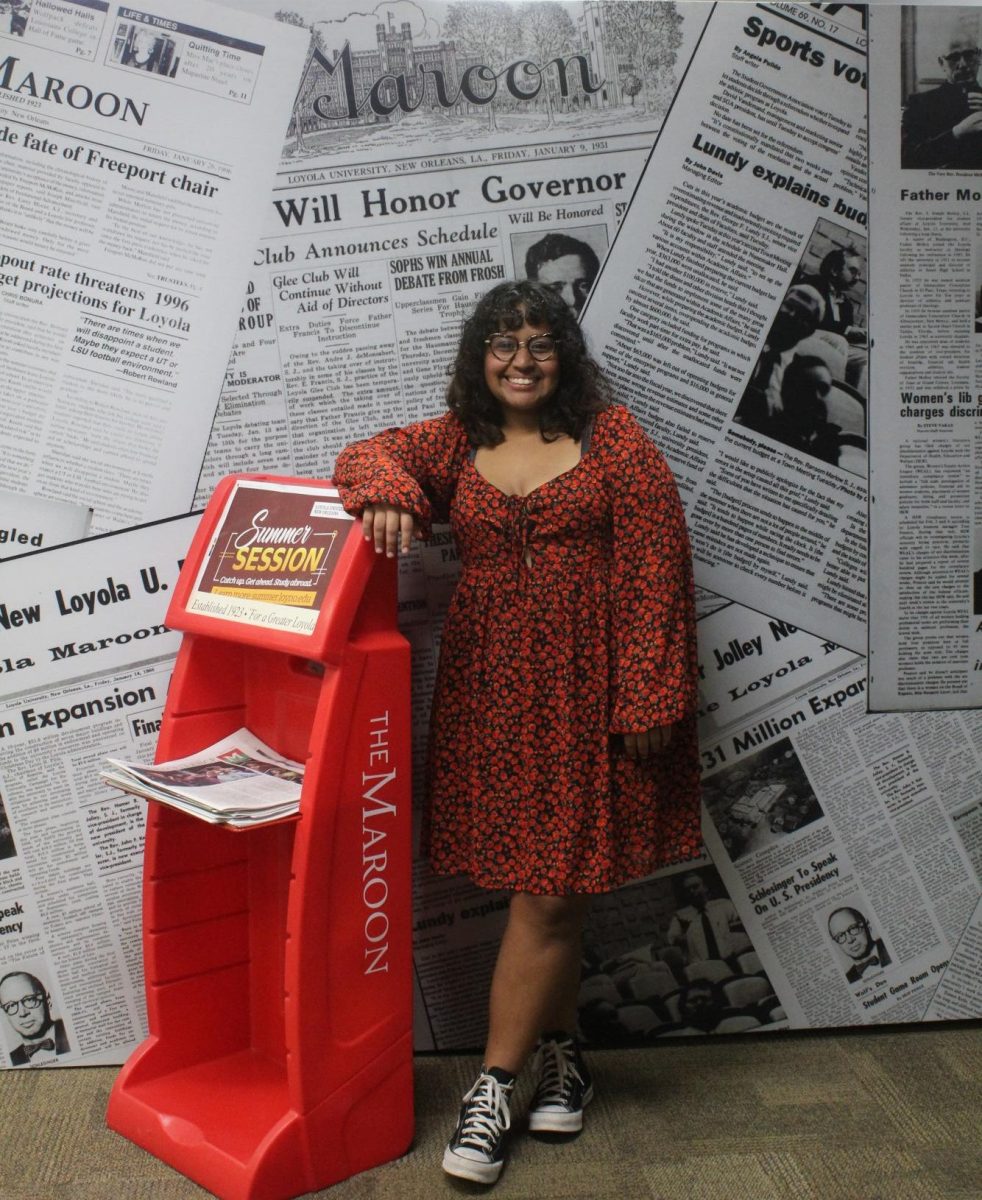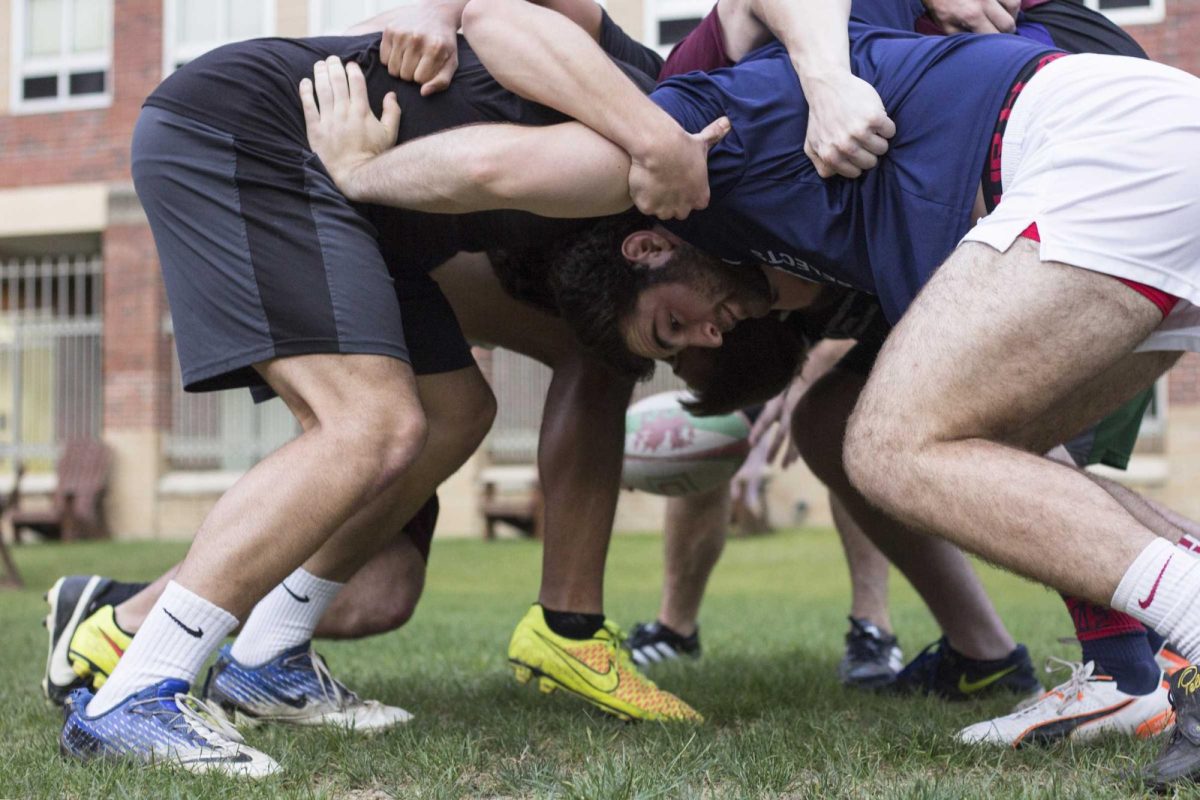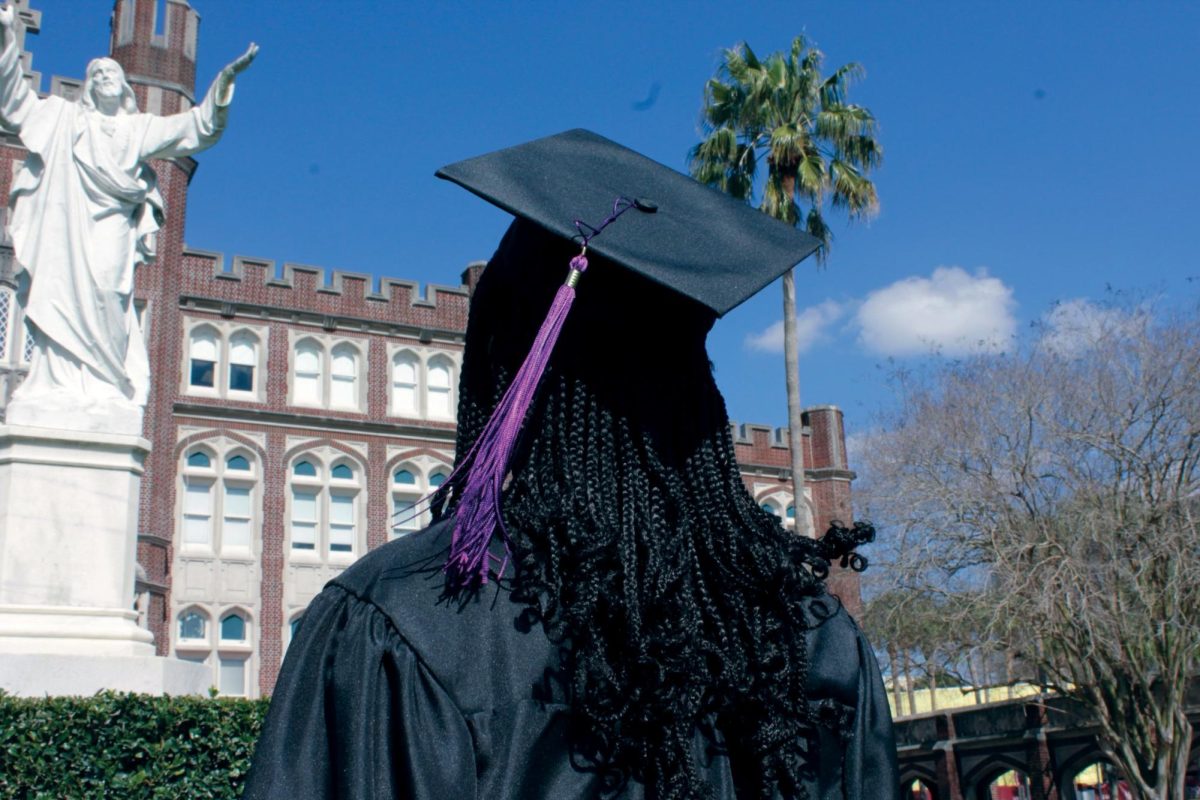Literacy is critical to the New Orleans community’s economic development, as well as its rebirth. In the past, literacy has meant reading for knowledge, writing coherently and thinking critically. However, literacy in the 21st century is much more complex and is constantly evolving. It is used as an umbrella term over many areas such as education, reading, writing, mathematics and the ability to use technology. The digital society we live in moves at a rapid pace, and not everyone is able to keep up.
It is vital to a student’s well-being that he or she possesses strong literacy skills. Having and maintaining strong comprehension skills will be beneficial to the aspiring parent, diligent worker and involved citizen. Students have the opportunity to gain 21st-century skills that are valuable assets for any corporation or organization. This is an opportunity and privilege that not all people are fortunate enough to have.
By taking advantage of this liberty, students also wield the power to take a stand by reducing low literacy for others. In New Orleans, 17 percent of people ranging in age from 18 to 24 admit to having less than a high school diploma. These numbers can significantly decrease if students volunteer to tutor someone in their community, faith organization or household who is struggling with literacy. Students encounter literacy issues daily. Whether it is with understanding an assignment a professor assigned, applying for jobs and internships or communicating with their peers, literacy is necessary for success.
Students understand the significance of quality education. If a student is uninterested in school due to poor instruction, he or she may drop out and therefore limit the options available to them. The same idea works with literacy. The prerequisites to better literacy rates are the acknowledgment of the issues, willingness to learn and the support and formation of a learning community.
Centers dedicated to literacy help to inspire youth and adults to continue striving for excellence. The Lindy Boggs National Center for Community Literacy, located on the second floor of Loyola’s library, is just one example of a vehicle used to increase awareness about literacy and inspire others.
As students at a Jesuit Institution, it is imperative to note that we are prepared “to lead meaningful lives with and for others,” as the university’s mission statement declares. Because Loyola “strives to educate the whole student and to benefit the larger community,” it is our duty to help others in need. The whole student refers to mind, body and spirit. We, as students, can put our minds together and create a plan to help improve low literacy rates. We can use our bodies to travel to different communities and educate people, and we can uplift the spirits of those who struggle with low literacy and inspire others to get involved. Low literacy is preventable, and education can help get people move from where they are to where they want to be. It is up to the community to maintain the link to literacy for all.
Ty Goff is an English writing junior.
She can be reached at
In My Opinion is a weekly column open to any Loyola student. Those interested in contributing can contact











